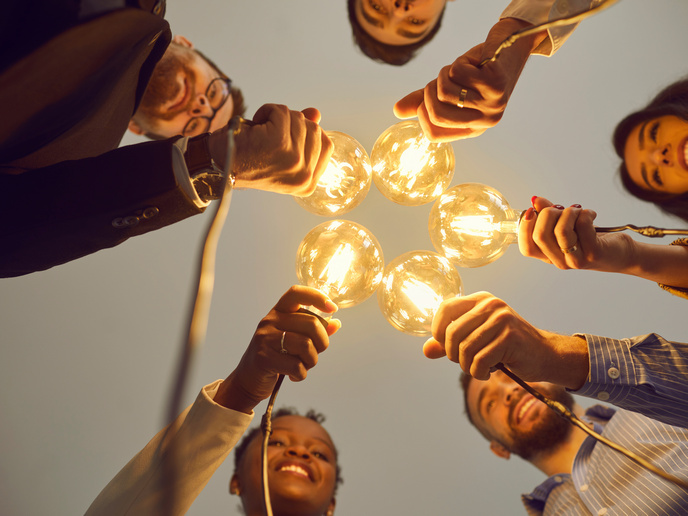An inclusive energy transition: citizen engagement for affordable and sustainable energy solutions
As stated in the European Pillar of Social Rights, energy is an essential service that every EU citizen is entitled to. Adequate heating, cooling, lighting, hot water, and energy for cooking and powering appliances are all necessary for a decent standard of living. Energy poverty occurs when a household lacks access to these essential energy services, with recent estimates showing that in 2022 more than 40 million Europeans were unable to keep their home adequately warm. Providing tailored energy efficiency and structural measures, including building renovation and renewable energy solutions to energy poor households can help lower their energy bills and improve living conditions and wellbeing. Energy communities can have an important role to play in engaging citizens in the transition. Communities can help citizens to collectively implement sustainable energy projects while providing environmental, economic or social community benefits for their members. They can also mobilise private investments in clean energy technologies and increase the public acceptance of renewable energy projects. The EU regulatory framework demonstrates Europe’s commitment to alleviating energy poverty and supporting community energy. This includes rules on the energy performance of buildings to support citizens in their efforts to improve their homes, and the revised Energy Efficiency Directive, which requires Member States to alleviate energy poverty by empowering and protecting those affected. The framework also acknowledges collective efforts in the energy transition. The Renewable Energy Directive and Internal Market for Electricity directive include definitions of energy communities and ask Member States to enable them to participate in the energy market on an equal footing with other actors.
15 projects put citizens at the centre of the energy transition
The Horizon 2020 Energy Efficiency programme (2014-2020) and its successor, the LIFE Clean Energy Transition programme (2021-2027), provide funding for a wide range of activities towards an energy efficient, renewable energy-based, climate-neutral and resilient economy. This CORDIS Results Pack on an Inclusive Energy Transition presents 15 EU-funded projects helping to shape the green transition for the benefit of all citizens. A number of projects presented help alleviate energy poverty through efficiency measures, enabling uptake of renewable energy solutions, building the capacity of relevant actors and cooperating with other initiatives such as the Energy Poverty Advisory Hub - EPAH. ComAct coordinated homeowners to unlock energy efficient improvements in multi-family apartment buildings. COOLTORISE piloted measures to reduce the impact of heatwaves in low-energy efficient households. EmpowerMed supported women in the Mediterranean to tackle energy poverty. In addition, EnergyMEASURES provided personalised household energy management measures. STEP trained consumer and frontline organisations to support energy-poor households. ENPOR aimed to make energy poverty in the private rented sector more detectable and measurable. Meanwhile, SocialWatt aided utilities, energy companies and other stakeholders in identifying energy-poor households to address energy poverty. Another set of projects aims at facilitating collective actions in the field of energy. NRG2peers built a web platform to enhance uptake of next-generation peer-to-peer energy communities. UP-STAIRS developed one-stop shops for providing information and advice on energy communities. DECIDE pinpointed the best ways to communicate and interact with energy communities. GRETA built frameworks to help communities achieve their own decarbonisation goals. Researchers from eCREW helped households jointly exploit electricity generation. Finally, some of the projects presented developed collective and community-based approaches to combat energy poverty. The CEES project is creating an energy solidarity toolkit for energy cooperatives to address energy poverty, while Sun4All helped vulnerable households switch to renewable energy and reduce their energy bills. Finally, POWERPOOR supported energy-poor citizens to implement energy efficiency measures and participate in joint initiatives, such as energy communities.



